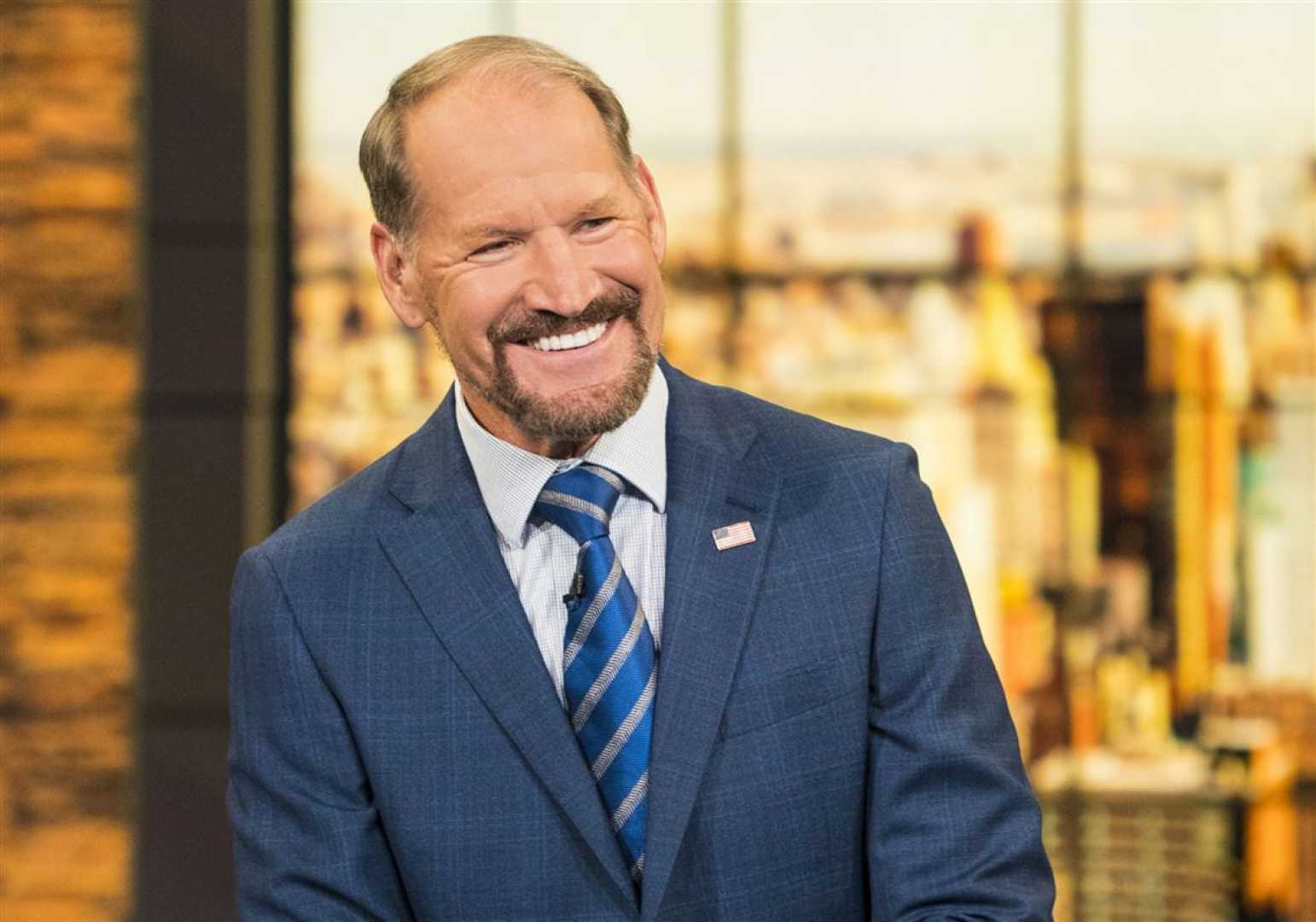Sports
Bill Cowher Reflects on Retirement and Family After Steelers Glory

PITTSBURGH, Pa. — Former Pittsburgh Steelers Head Coach Bill Cowher, who led the team from 1992 to 2006, opened up about his decision to step away from coaching in a recent podcast. Cowher, who won a Super Bowl in 2005, never returned to the sidelines after his retirement. At just 49 years old, he felt the need to focus on family rather than football.
Cowher explained that family circumstances played a significant role in his choice. After dedicating his life to football, he wanted to ensure he was present at home during crucial times. He also noted that leaving the rigors of coaching provided him with a refreshing perspective on life beyond the sport.
“I wanted to be there for her,” Cowher said, reflecting on his wife’s illness and their three daughters. “I was so glad I did it for those three years because it was very, very meaningful!” Cowher’s wife later passed away from cancer and Alzheimer’s disease, highlighting the emotional weight of his choice.
Since retiring, Cowher has transitioned to a successful career as an analyst for CBS’s The NFL Today, maintaining a connection with football fans nationwide. Despite interest from several teams to return to coaching, Cowher has consistently declined, citing priorities that extend beyond football.
Along with his on-screen career, Cowher has focused on improving his communication skills, acknowledging his Pittsburgh accent and its challenges in reaching a wider audience. “I wanted to get better at it,” he said. “I got a Pittsburgh accent; I’m not finishing sentences. I’m sounding like a Yinzer.”
The discussion on Cowher’s podcast also touched on the legacy he left behind when Mike Tomlin took over as head coach. Tomlin, who led the Steelers to another Super Bowl victory in 2008, inherited a roster that Cowher built. Both coaches have delivered championships to Pittsburgh but with different styles.
Overall, Cowher’s story serves as a reminder that, for some, life outside of football can take precedence over a return to the sport, no matter the fame and success achieved.












